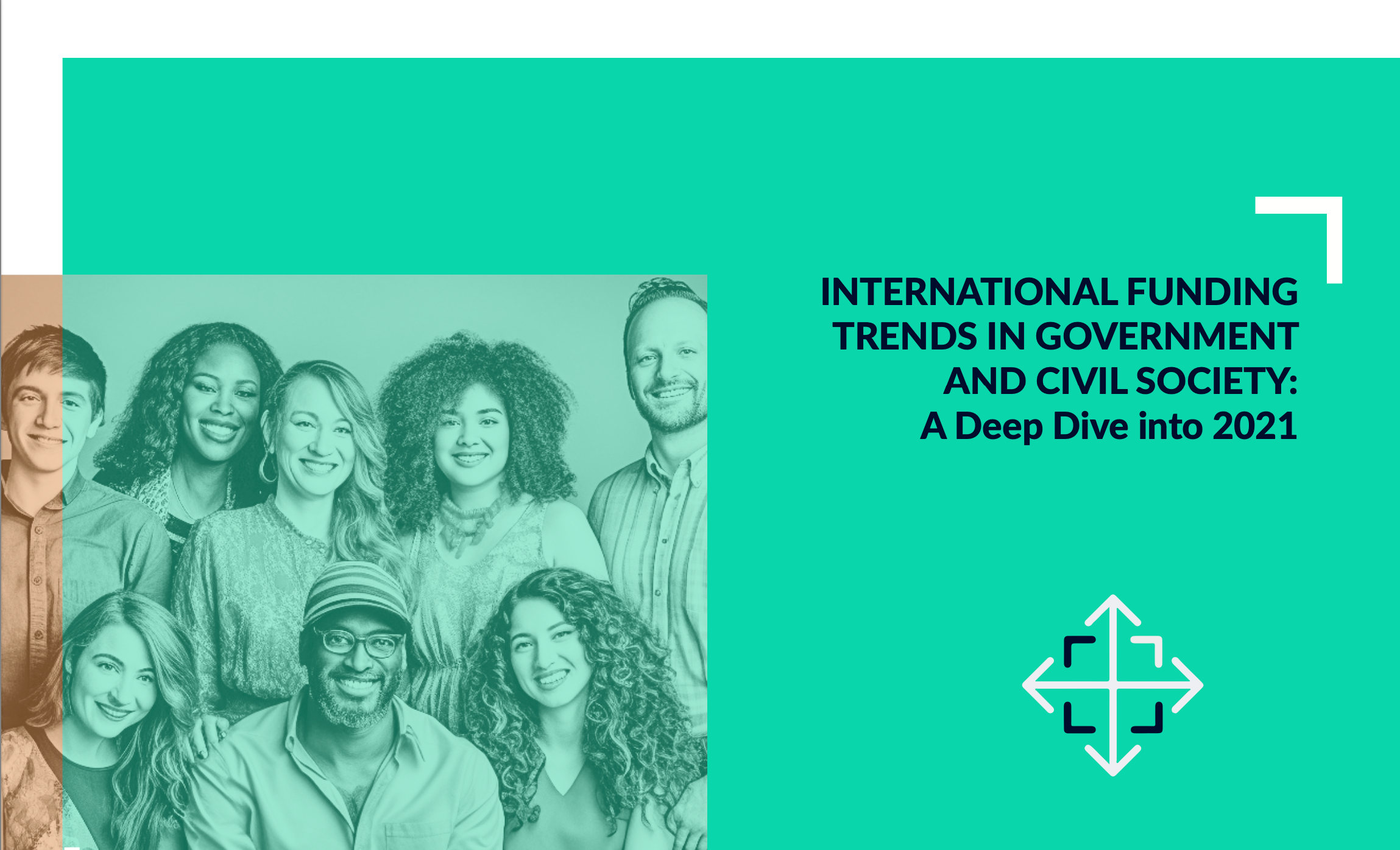TAI, as a collaborative of donors focusing on participatory governance, has been closely monitoring and disseminating information about the importance of funding for civil society and governance, particularly in these challenging times. Inclusive governance holds intrinsic value and serves as a foundational element for achieving positive outcomes across various sectors. Therefore, in the last couple of years, TAI has released reports outlining insights into the potential direction of international funding in these areas, taking into account the impact of the pandemic and evolving priorities.
Based on the 2021 data unveiled by the Organization for Economic Co-operation and Development (OECD), TAI again shares valuable insights into the evolving landscape of international funding.
Read the full briefing
In addition to our yearly examination, we have developed an interactive dashboard using this funding data. This tool allows individuals to conduct their own analysis, enabling them to explore the data by region, country, specific issues, donors, and funding types.
In this blog, we delve further into Jenny´s findings to gain a deeper understanding of the events that transpired during 2021. We hope this data contributes to broadening the understanding of where resources are allocated and where there is room for improvement in addressing global challenges.
Funding to governance and civil society overall was down in 2021
International funding for governance and civil society experienced a decline in 2021, driven largely by reduced loan disbursements. The total funding decreased from over $34 billion in 2020 to slightly over $26 billion, a figure that approached the 2019 level of just over $25 billion.
A significant portion of the decline in funding for governance and civil society appears to be due to funders concluding exceptional financial support allocated for responding to pandemic-related governance challenges.
Germany stood out for its increased ODA grants, while some other bilaterals, notably the United States, decreased their grant funding. Private development finance from foundations increased, counter to expectations of a decline.
Developing country governments remained the top recipients of funding, and funding to NGOs remained relatively stable, with donor-country-based NGOs continuing to receive the majority of funding.
Despite the challenges posed by the ongoing pandemic, some areas, such as human rights and women's rights organizations, saw increases in funding, indicating a continued commitment to addressing critical issues within the governance and civil society sector.
These findings provide valuable insights into the evolving landscape of international funding, helping to broaden the understanding of where resources are allocated and where there is room for improvement in addressing global challenges. Feel free to explore the data and contact Jenny Lah with any questions or suggestions.
